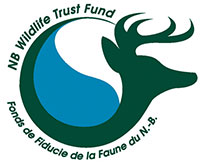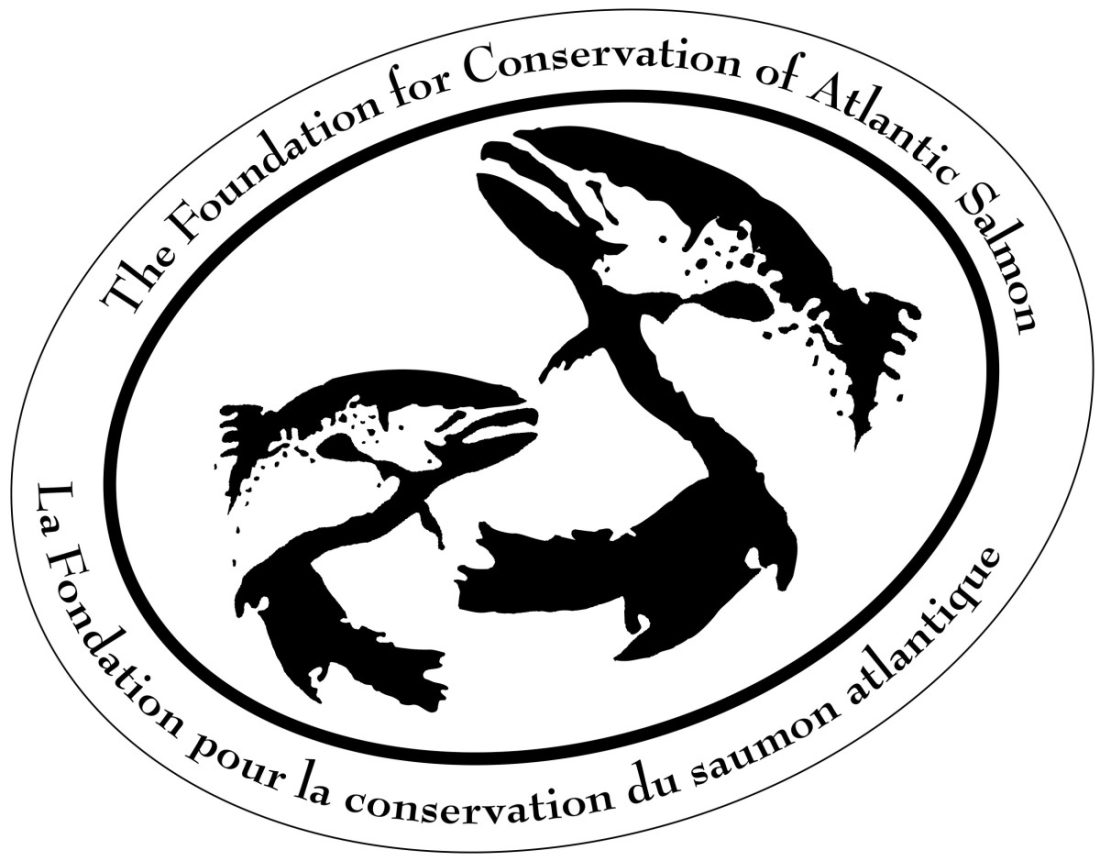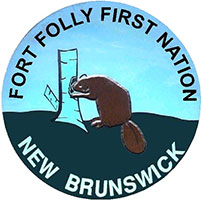Fourth Level Assessment- Aquatic Habitat Rehabilitation Plan
2021 Bank Stabilization
Pollett, below Sanitorium Bridge 2021 (Fort Folly Habitat Recovery)
A Bank stabilization project was planned in 2021 but had to be cancelled. Implementation of the project was planned to take place in September of 2021 along the bank of the Pollett River (Figure 19). To do so, the site was surveyed in the fall of 2020, a design was developed, and submitted in December 2020 as a supporting document to seek funding to undertake the work. The project was awarded funding, and in the spring of 2021 preparations began. Among the tasks was meeting in April with neighbors to discuss the project. It was at this point that the first indication of a potential problem became apparent as the neighbors across the river called attention to the presence of many wood turtles (Glyptemys insculpta) utilizing a gravel bar which the design called for making major modifications to. Wood turtles have a SARA status of Schedule 1, Threatened.
The presence of wood turtles on the gravel bar was a red flag. There is zero likelihood of getting the required Watercourse and Wetland Alteration (WAWA) Permit to disturb wood turtle habitat by modifying a gravel bar which they were using. Nor even if somehow such a permit application were to be successful, would FFHR have a desire to proceed with the work as planned. Policy as laid out in Appendix (Checklist for Projects in Wood Turtle (Glyptemys insculpta) habitat), item 6 prohibits such activity on sites with most of the characteristics found here (exception: aspect of gravel bar here is SE not SW). Wood turtles are distributed through much of the Petitcodiac Watershed, and FFHR did undertake a previous project on the Little River in 2017 with numerous wood turtles in the area. In that case it was possible to work around them. The fact wood turtles intermittently transited through that site was a notably different situation than the need to directly excavate a gravel bar which they were occupying, possibly nesting in. Consequently, an alternative design was
developed and proposed to the landowner. This intervention avoided the gravel bar entirely, focusing all the work on the bank instead to compensate for taking no action against the gravel bar. The WAWA permit was granted for the new design, however as the date to break ground approached the landowner expressed reservations about the change in plans and ultimately FFHR decided it would be best not to go forward with the project.
It is unfortunate that due to the wood turtles occupying the gravel bar on opposite bank, the work was not possible as originally planned. The proposed alternative would have improved the stability of the bank within budget, and without impinging upon use of the waterfront, but was not what had originally been proposed. That said, on the plus side, with regards to wood turtles, the system worked as it should have. A project that was underway but found out to be contraindicated due to its impact on wood turtles, was forced to adapt or be terminated. The proposed adaption did not meet with the needs of the landowner, and in the end project termination proved to be the most viable option.
In hindsight the gravel bar in question was somewhat obvious as potential wood turtle habitat. A project requiring excavation of such a feature as a fundamental aspect of all of the initial three enhancement options identified (ranging from least to most expensive) was bound to run into complications. Wood turtles thrive in precisely the conditions (aggradation) that result from the sort of instability that bank stabilization projects are frequently called upon to address. Consequently, one take away lesson from this situation is to be more aware of the potential for wood turtles to become a complicating factor during the project selection phase. To prevent a recurrence of this problem in the future, selection should ensure that projects are properly screened to ensure that those likely to require similar modifications to a gravel bar are vetted for the presence of wood turtles or avoided altogether.












